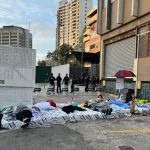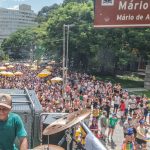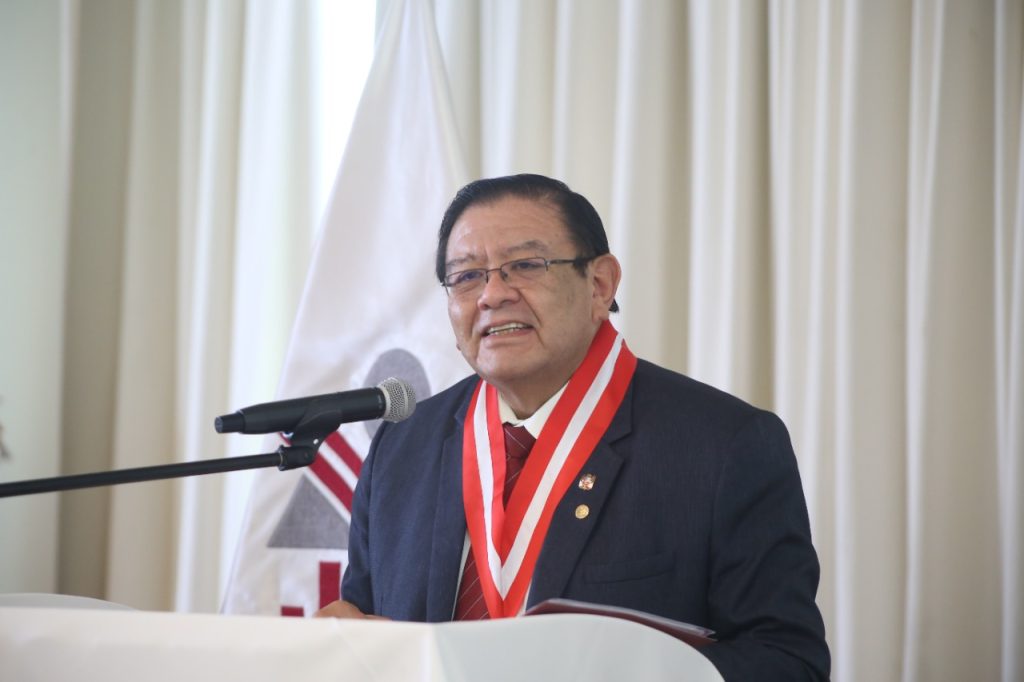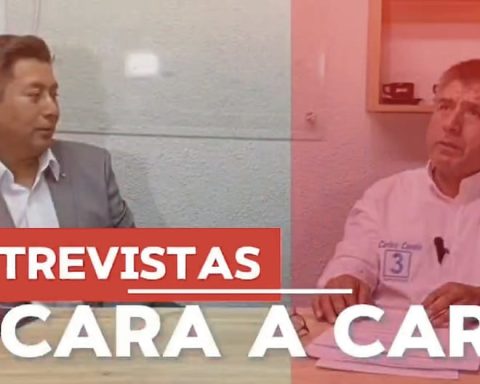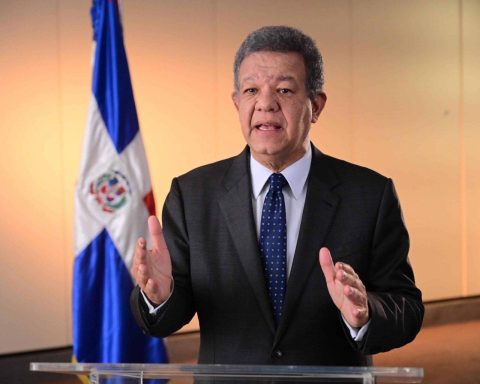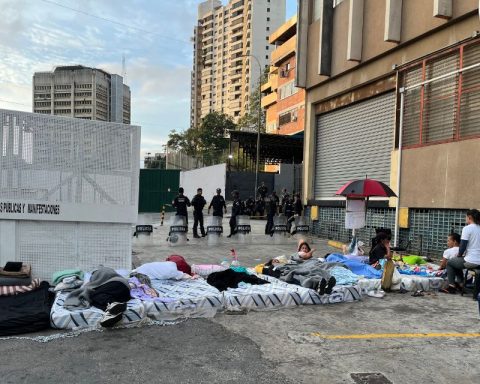James K. Boyce and Léonce Ndikumana*
AND
In March, US authorities have seized a luxury Manhattan apartment owned by the daughter of Denis Sassou-Nguesso, former president of the Republic of the Congo in central Africa.
The lawsuit indicates that the origin of the funds to purchase that $7 million property, overlooking Central Park, results from a misappropriation, theft or embezzlement
of the Congo treasure. The investigation describes the layers of shell companies through which stolen money was laundered.
The press focused especially on the famous name of the building where this property is located: Trump International Hotel and Tower. However, they overlooked the most important thing. Something that is filtering into the electoral debate. The darkest corner of the American real estate market is the massive flow of black money that comes from all over the world to buy prestigious residences in big cities like New York, Los Angeles and Miami. Some of this money comes from Africa, which has lost more than $600 billion to illicit capital flight since the beginning of the century.
This is a globalized mechanism with similar chapters of capital flight, tax evasion and avoidance in Latin America.
In 2015, investigation of New York Times shed light on the volumes at stake. According to sales records of luxury homes in Manhattan, 54 percent of purchases were made by anonymous shell companies. Journalists discovered a similar pattern in other cities. Connecting the dots with data on the total value of residential properties in Manhattan and the proportion of luxury units, we can conclude that the hidden wealth invested in these properties exceeds 100 billion dollars.
Many of these properties are empty. They buy them not as places to live, but to hoard ill-gotten wealth. Sassou-Nguesso’s apartment in Trump Tower has been vacant since she bought it in 2014.
It is not only ordinary citizens of Africa who suffer the consequences of illicit financial flows that deprive the continent of the funds it desperately needs for its development. Americans also suffer its consequences. When looted funds enter urban real estate markets, they drive up prices across the board. The purchase of luxury homes causes a cascade effect. As potential buyers stay out of the upper tier of the market, prices rise at the next lower tier. Buyers who do not access that level raise prices at the next level, and so on. People with low incomes, who are at the bottom of the market, are completely excluded and end up living far from the city center, with long and expensive commutes to get to work.
The flow of black money to the US is one of the reasons for the housing accessibility crisis in that country. But not only there. At the beginning of October, a large citizen protest in Madrid, Spain, forced the problem to be put on the political emergency agenda.
The US presidential candidates take note of this claim. Donald Trump said he will reduce the demand for housing by banning mortgages for illegal immigrants and deporting them. Kamala Harris promises to increase supply by building 3 million homes. Both ignore the fact that the number of housing units in that country has increased more rapidly than the number of households since the early 2000s. The problem is not so much the availability of housing as its accessibility for the average citizen.
Real estate demand is not limited to the number of people who need housing. It is about the amount of money that enters the market. People without money don’t drive up prices. Many new immigrants move in with relatives. Furthermore, a good number of them work in the construction sector precisely. The real problem is not the influx of people from abroad, but the influx of cash. Immigration restrictions attempt to close the wrong border.
Just one month after the 9/11 attacks in 2001, Congress approved Title III of the Patriot Act to combat money laundering and the financing of terrorism. It required banks to report suspicious money transfers from abroad. But real estate lobbyists convinced the Treasury Department to grant them an exemption. temporary
of the obligation to report questionable transactions. The gap continues to exist, creating what has been called “an extraordinary growth opportunity for the prestige real estate sector ( high standing)”, and leaving the US as the only G-7 country that does not require real estate professionals to comply with anti-money laundering laws.
In August, the Treasury Department finally imposed reporting requirements for real estate transactions. The new rules, which will come into force in December 2025, were hailed by transparency advocates as an important turning point in the fight against black money
. But past experience demands that we be cautious. The Financial Crimes Enforcement Network (FinCEN), the Treasury agency charged with enforcing these rules, remains underfunded and understaffed. A Brookings Institution study examined the impact of a pilot program launched in 2016 to monitor real estate transactions and concluded that it failed to identify discernible effects. And as Abraham Lincoln supposedly said: Laws without the ability to be applied are just good advice
.
The border between the US economy and foreign capital is less tangible than the physical lines that delimit the territory, but no less significant for that reason. The Customs and Border Protection Service has more than 60 thousand employees. The Treasury Department’s FinCEN has only 300. To address the country’s housing crisis, we should worry less about undocumented workers and more about undocumented money.
* Editors of On the Trail of Capital Flight from Africa: The Takers and the Enablers (Oxford University Press); professor emeritus and distinguished professor of economics at the University of Massachusetts Amherst, respectively







